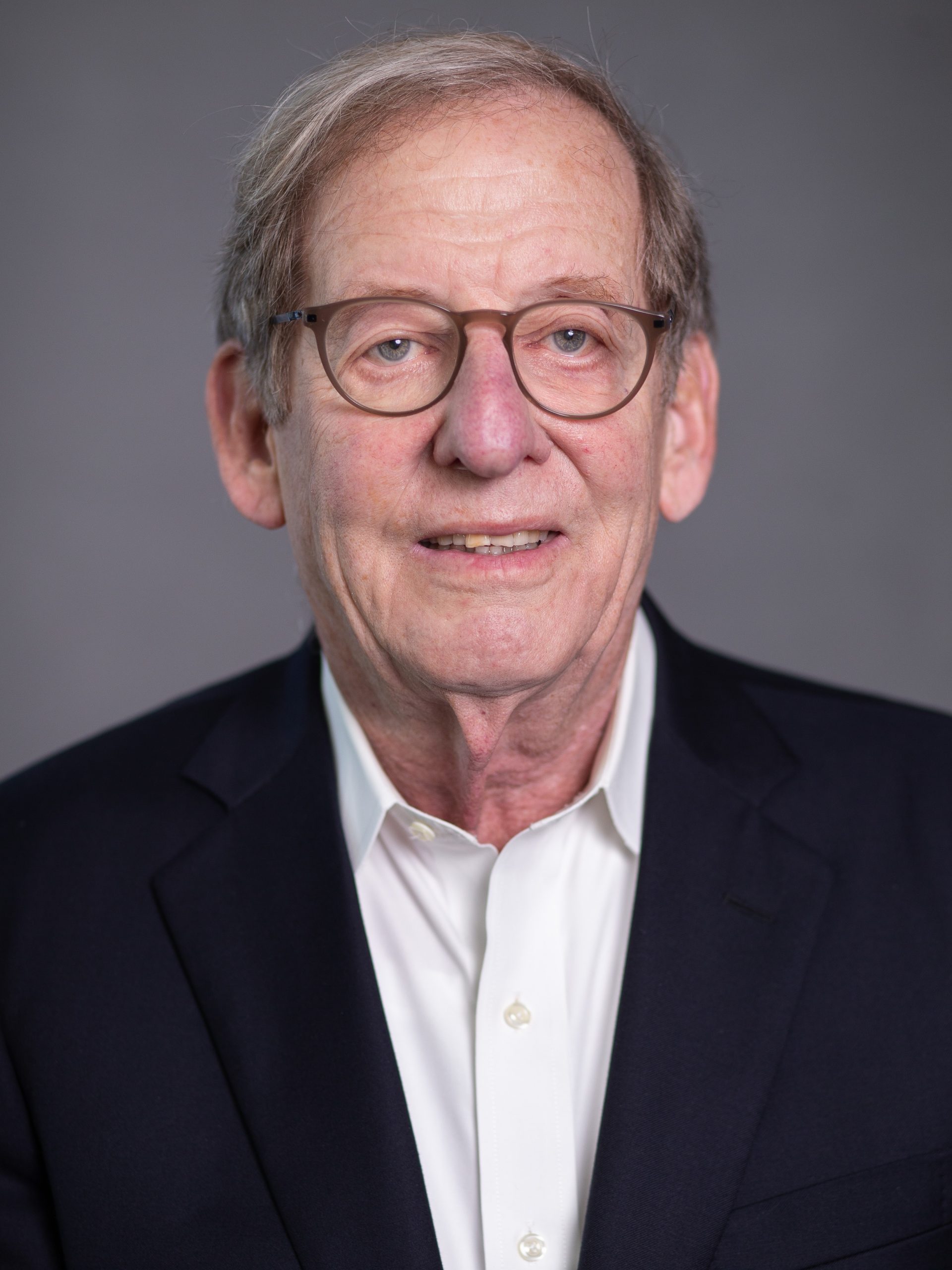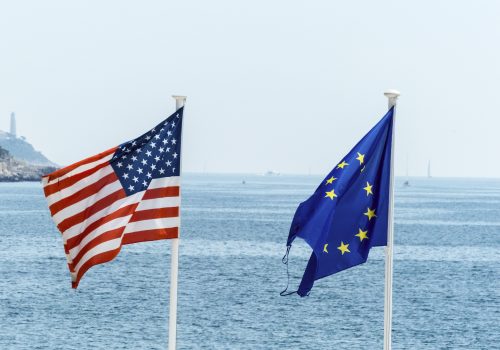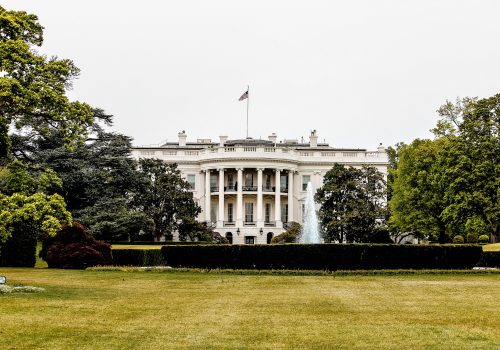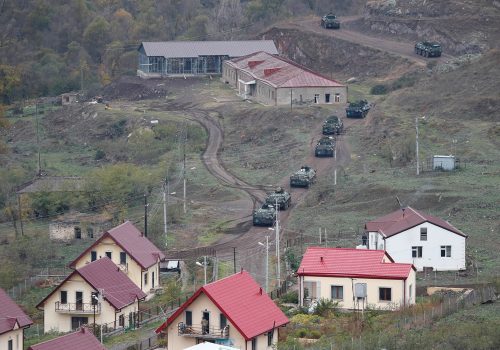Events
All Content
Richard L. Morningstar is the founding chairman of the Global Energy Center and a board director at the Atlantic Council. He served as the US ambassador to the Republic of Azerbaijan from July 2012 to August 2014.
Prior to his appointment, since April 2009, he was the Secretary of State’s special envoy for Eurasian energy. Prior to that, Morningstar lectured at the Kennedy School of Government at Harvard and Stanford Law School.
From June 1999 to September 2001, he served as United States ambassador to the European Union. Prior to this, Morningstar served as special adviser to the President and Secretary of State for Caspian Basin energy diplomacy, where he was responsible for assuring maximum coordination within the executive branch and with other governments and international organizations to promote United States policies on Caspian Basin energy development and transportation. From April 1995 to July 1998, he served as ambassador and special adviser to the President and Secretary of State on assistance for the new independent states of the former Soviet Union, where he oversaw all US bilateral assistance and trade investment activities in the NIS. From 1993 to 1995, he served as senior vice president of the Overseas Private Investment Corporation (OPIC).
Morningstar also served as chairman of the board and chief executive officer of the Costar Corporation from 1990 to 1993 and as president and chief executive officer from 1981 to 1990. He was an attorney with Peabody and Brown (now Nixon and Peabody) in Boston from 1970 to 1981, where he became a partner in 1977.
Morningstar served as a commissioner of the National Conference of Commissioners on Uniform State Laws (1989–1993). Prior to returning to the government in 2009, he served as director of the American Councils for International Education, a trustee of the Kosovo-America Educational Foundation, and a trustee of the Eurasia Foundation. He is a member of the Council on Foreign Relations.
Morningstar received his BA from Harvard in 1967 and JD from Stanford Law School in 1970.



